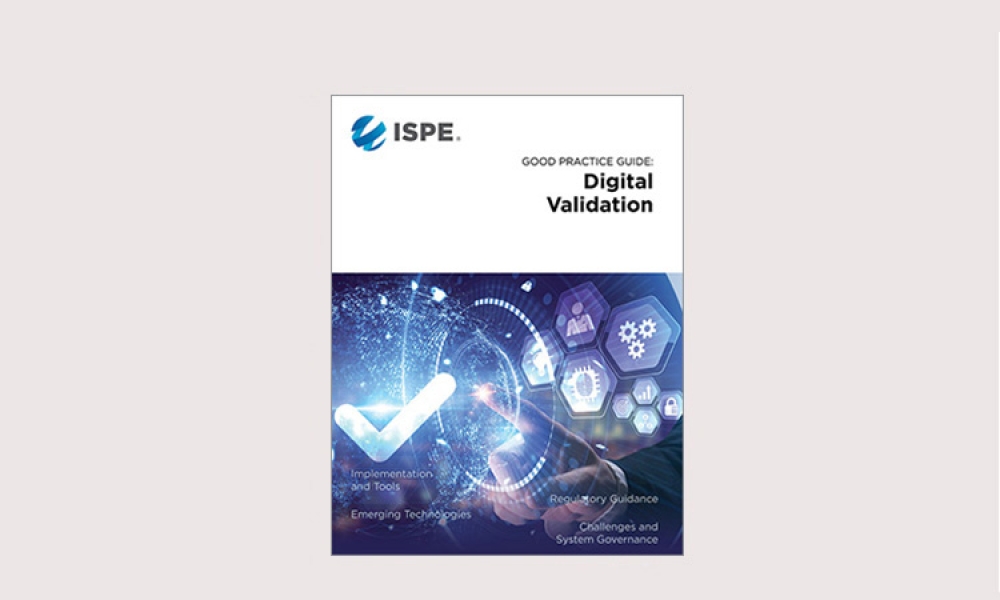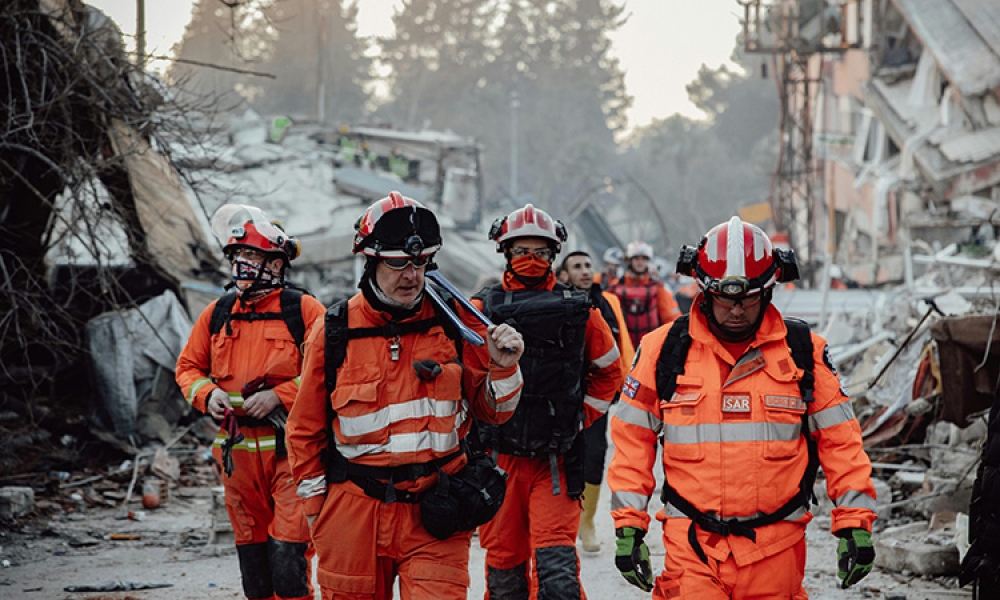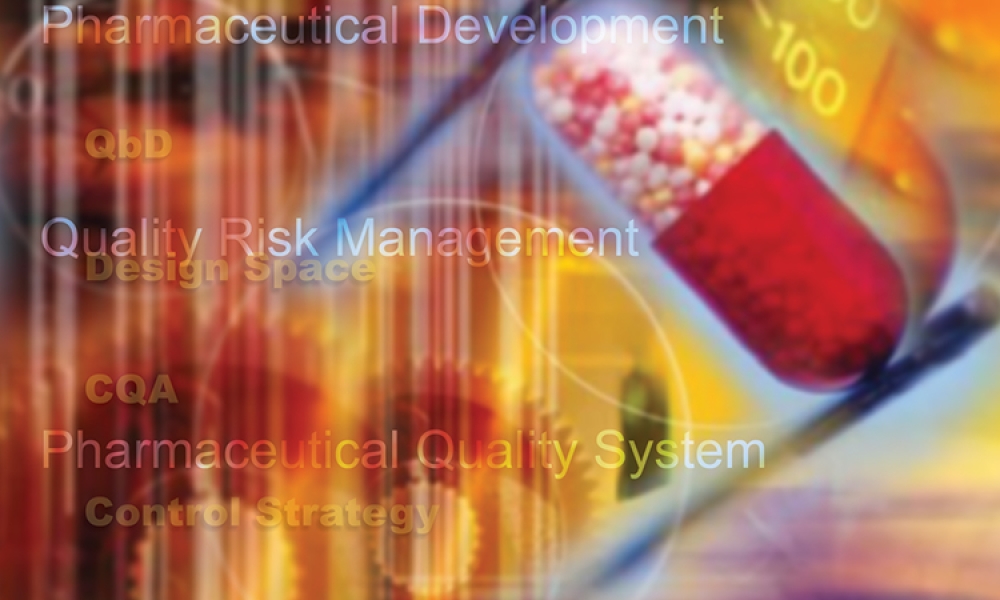Track sessions will explore how sustainability programs can decrease the amount of energy consumption, water and material usage, and generated waste products. They will also outline process intensification efforts, which can increase product output relative to time, cost, manufacturing volumes, and inputs of materials. Finally, they’ll examine how continuous manufacturing processes can improve productivity, reduce plant footprint and capital and operational expenses, and potentially alleviate product shortages.
In “Critical Utilities Sustainability,” Paolo Leani with Stilmas will provide an overview of the advancement of sustainability in clean utilities for current and future facilities. End-user needs will be discussed relative to sustainable technologies and process solutions. Leani will describe a sustainability assessment, a consolidated method that can be useful to analyze clean utility systems and identify solutions to improve sustainability or cost-effectiveness. The presentation will feature a real case study on the implementation of advanced technology in critical utilities.
Neil Gamble, PE, with Arcadis, will discuss "Process Mass Intensity for Sustainable Biotech Decisions." In this presentation, Process Mass Intensity (PMI), which has been used for more than 15 years, will be re-examined, after some analyses relative to the quantitative values for PMI on single-use monoclonal antibody trains versus stainless steel monoclonal antibody trains. The debate about economic and facility footprint has evolved into discussions of supply chain robustness or ballroom flexibility. For example, a process may have utilized water for >99% of the stainless-steel PMI and >95% of the single-use PMI; the questions would then be asked as to how the two compare relative to carbon. This presentation expands the data into equivalent CO2 (eCO2) and operational expenses (OPEX), diversifies the data for varied Emissions and Generation Resource Integrated Database (eGRID) regions, and demonstrates how a decision maker can emulate the process for their own facility.

"Bioreactor Scale-Up and Cell Culture Intensification" will bring Riju Saini, PhD, with CRB together with Keisuke Shibuya, PhD, with Hitachi to guide attendees through bioreactor scale-up for cell culture intensification, leveraging computational fluid dynamics (CFD) to optimize operating conditions in a practical design space. The session will explore productivity topics from the CO2 extraction rate (CER), oxygen transfer rate (OTR), and strategies to avoid protein accumulation and foaming.
"Integrated Buffer Blending in Continuous Chromatography" will bring Vinit Saxena together with Sanjeev Saxena, both with Sepragen, to address the benefits of process intensification and integration for continuous processing. The integration of on-demand buffer preparation into the chromatography system does away with the preponderance of plastic totes used for buffer storage and transport, providing a significant and positive impact on sustainability as well. The improvements to facility layout and capital equipment costs to install continuous chromatography, along with simplified workflow and reduced cycle time, provide a multitude of benefits to overall economic and environmental sustainability.
In “Future of Process Intensification in Large-Scale Biotech,” John Rubero with CRB will compare conventional and intensified processes. This session will offer tangible evidence of how intensified processes, such as continuous perfusion cell culture integrated with multi-column capture chromatography (MCC), outperform traditional batch manufacturing. Continuous liquid chromatography techniques optimize resin utilization, reduce raw material consumption, and enable efficient, high-yield manufacturing processes. These provide actionable knowledge for implementing process intensification strategies. This quantifies the benefits of intensified processes, including smaller equipment requirements, reduced resin and buffer usage, and overall operational efficiency. This supports the industry’s move toward cost-effective and environmentally sustainable practices.
Stephen Judd with Arcadis will present "We Need to Rethink Water!" This topic addresses the assessment methods for the decarbonization of existing sites relative to WFI systems. Discussion will center around the process requirements, the equipment cleaning operations, and the regulatory requirements for the markets in which the drug products (DP) are supplied. There is a focus on water conservation and energy consumption to maximize the sustainability benefits of these initiatives. Digitization, data analysis, and predictive modelling can optimize the operation of the cleaning processes and the use of WFI and the associated maintenance activities. Real-time monitoring of key parameters across the systems can identify inefficiencies like heat loss or flow rate imbalances. Integration of machine learning can then predict system efficiencies. This approach can produce an optimized sanitization regime for the WFI systems to minimize energy consumption, chemical usage, and operational downtime.
The track will provide a fascinating glimpse into proven technologies and strategic approaches that have the potential to greatly improve sustainability, process intensification, and continuous manufacturing. Anybody who is considering adopting such approaches may find these sessions to be very worthwhile in the design of their own processes. For those who have already adopted such practices, this may be a good opportunity to benchmark with other companies.
RegisterNow!






